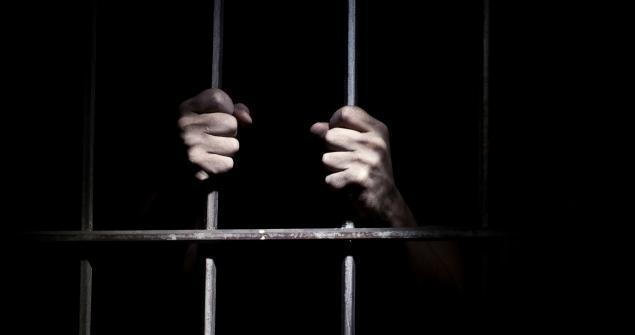Voluntary Manslaughter, Manslaughter in the First Degree, or Manslaughter in the Second Degree: what is the difference?
- posted: Mar. 22, 2021
There are several differences between voluntary manslaughter, involuntary manslaughter in the first degree, and involuntary manslaughter in the second degree. Those differences are the influence of sudden passion arising from adequate cause, recklessness, criminal negligence, and the range of punishment available for each offense.

If the defendant knowingly causes the death of another person or, with the purpose of causing serious physical injury to another person, causes the death of another person but in either case does so under the influence of sudden passion arising from adequate cause, then the defendant would be guilty of voluntary manslaughter. Sudden passion is defined as “passion directly caused by and arising out of provocation by the victim or another acting with the victim which passion arises at the time of the offense and is not solely the result of former provocation.” Adequate cause is defined as “cause that would reasonably produce a degree of passion in a person of ordinary temperament sufficient to substantially impair an ordinary person’s capacity for self-control.”
If the defendant recklessly causes the death of another person, the defendant would be guilty of involuntary manslaughter in the first degree. Recklessly is defined as “consciously disregarding a substantial and unjustifiable risk that circumstances exist or that a result will follow, and such disregard constitutes a gross deviation from the standard of care which a reasonable person would exercise in the situation.”
If the defendant causes the death of another person with criminal negligence, the defendant would be guilty of involuntary manslaughter in the second degree. Criminal negligence is defined as “failure to be aware of a substantial and unjustifiable risk that circumstances exist or a result will follow, and such failure constitutes a gross deviation from the standard of care which a reasonable person would exercise in the situation.”
The punishment for voluntary manslaughter is imprisonment for a term of not less than five years and not to exceed fifteen years. For the offense of involuntary manslaughter in the first degree, the punishment is imprisonment for a term of not less than three years and not to exceed ten years. Involuntary manslaughter in the second degree carries punishment of imprisonment not to exceed seven years. Punishment for both involuntary manslaughter in the first degree and involuntary manslaughter in the second degree is increased if the victim was targeted as a law enforcement officer or because the victim was a relative of a law enforcement officer.
If you, a family member, or friend has been accused of or charged with manslaughter in Missouri, our legal team at Parker Law LLC is committed to helping you obtain the most favorable outcome possible. At Parker Law LLC, we believe in pursuing excellence with every client.



